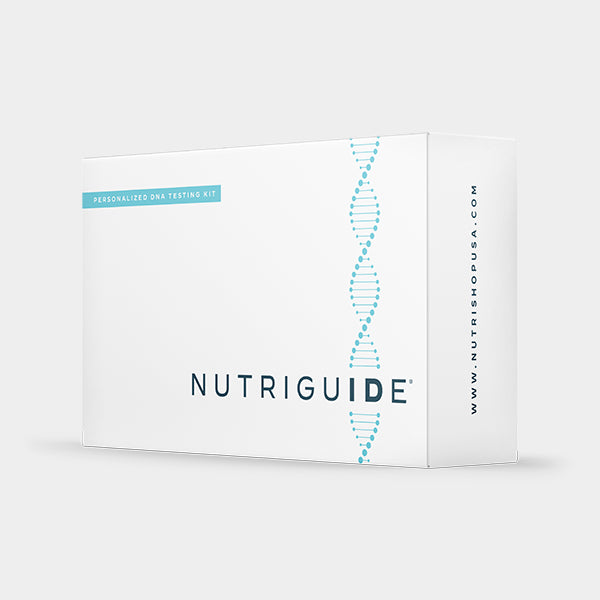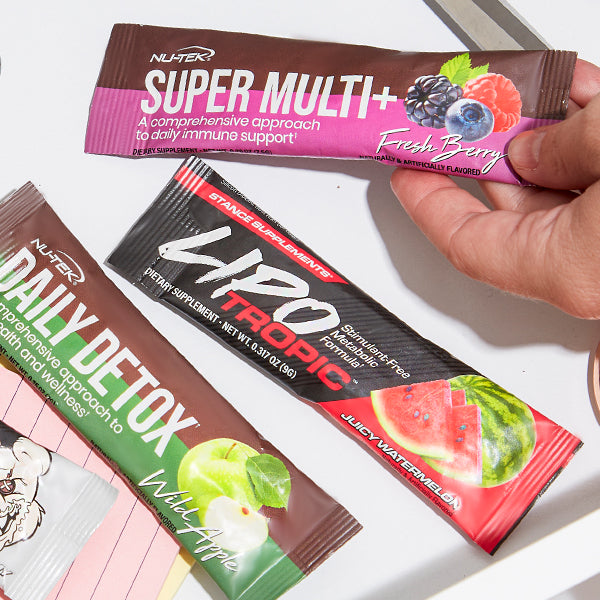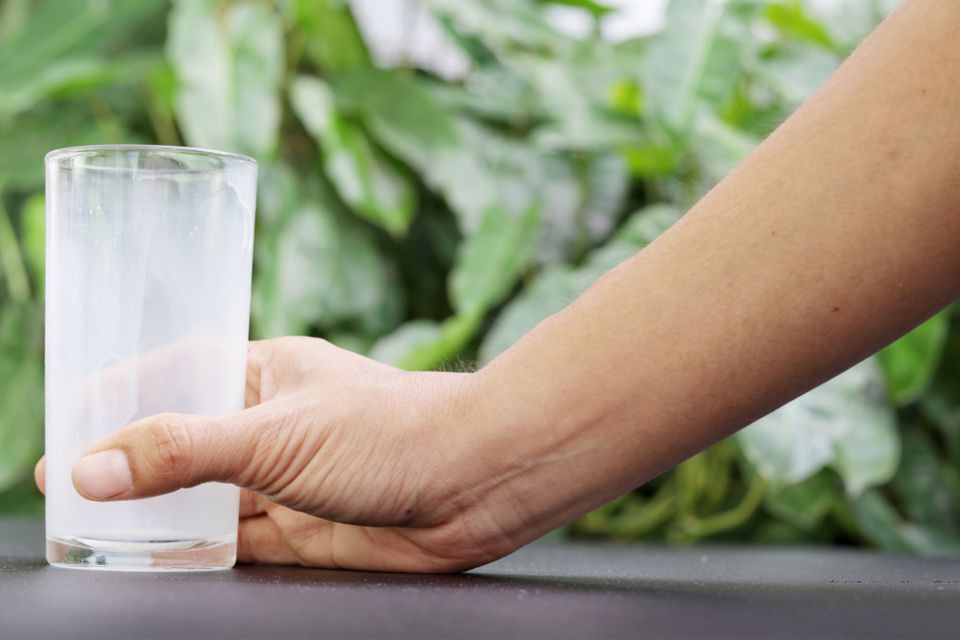Where did the dairy go? Lately, amidst the COVID-19 pandemic, the grocery stores here are running short on dairy.
For many people, dairy products, like milk, cottage cheese, and yogurt, supply our bodies with calcium. Calcium is critical to bone building and resilience for all ages and genders.
Right now, calcium is more important than ever, as calcium also contributes to the health of your teeth. Many dentists are very limited in services right now due to the pandemic.
Let’s dive into how much you need and where to find it.
How much calcium do I need?
The National Institute of Health recommends 1,000 mg/day for the average adult; they also suggest a maximal daily upper limit of 2,500 mg/day for the average adult.
So, if you’ve got no milk, where can you find calcium and vitamin D to maximize your bone and tooth strength?
Food-based non-dairy calcium sources:
- Fortified orange juice
- Sardines
- Soymilk or fortified flax milk
- Tofu
- Salmon
- Fortified cereal
- Kale
- Chia seed
However, each of these foods represents only 2-25% of the average daily value. When these food sources aren’t adequate to sustain your calcium needs, supplements could bridge the gap.
A quick guide to calcium supplements
Calcium supplements come in two primary forms, so reading the label to differentiate is vital in determining when to take the supplement.
Calcium Carbonate
This supplement is absorbed better when taken with food.
Calcium Citrate
The absorption of this supplement is typically not impacted by pairing with food or without.
The Institute of Medicine found that doses over 500 mg at a time have decreased absorption, so they recommend splitting higher does into parts throughout the day.
We hope that this quick guide on where to find calcium and how to navigate types of calcium supplements helps keep your bones strong. If you do have any underlying health concerns, or if you take medications, please check with your doctor or pharmacist on specific calcium intake recommendations and medication possible medication interactions.
We love hearing from you. What are your favorite non-dairy calcium sources and recipes? What questions do you have on calcium supplements? We’d love to hear from you! Tag or message us @NutrishopUSA on Instagram and Facebook!
-------------------------
About the Author: Dr. Meredith Butulis is a Sports Medicine Physical Therapist, NSCA Certified Strength and Conditioning Coach, ACSM Certified Exercise Physiologist, NASM Certified Personal Trainer, and Precision Nutrition Certified Nutrition Coach in practice since 2002. She consistently walks the talk as a fitness, physique, and OCR world level competitor and lifestyle transformer since 2006, celebrating many wins along the way.







